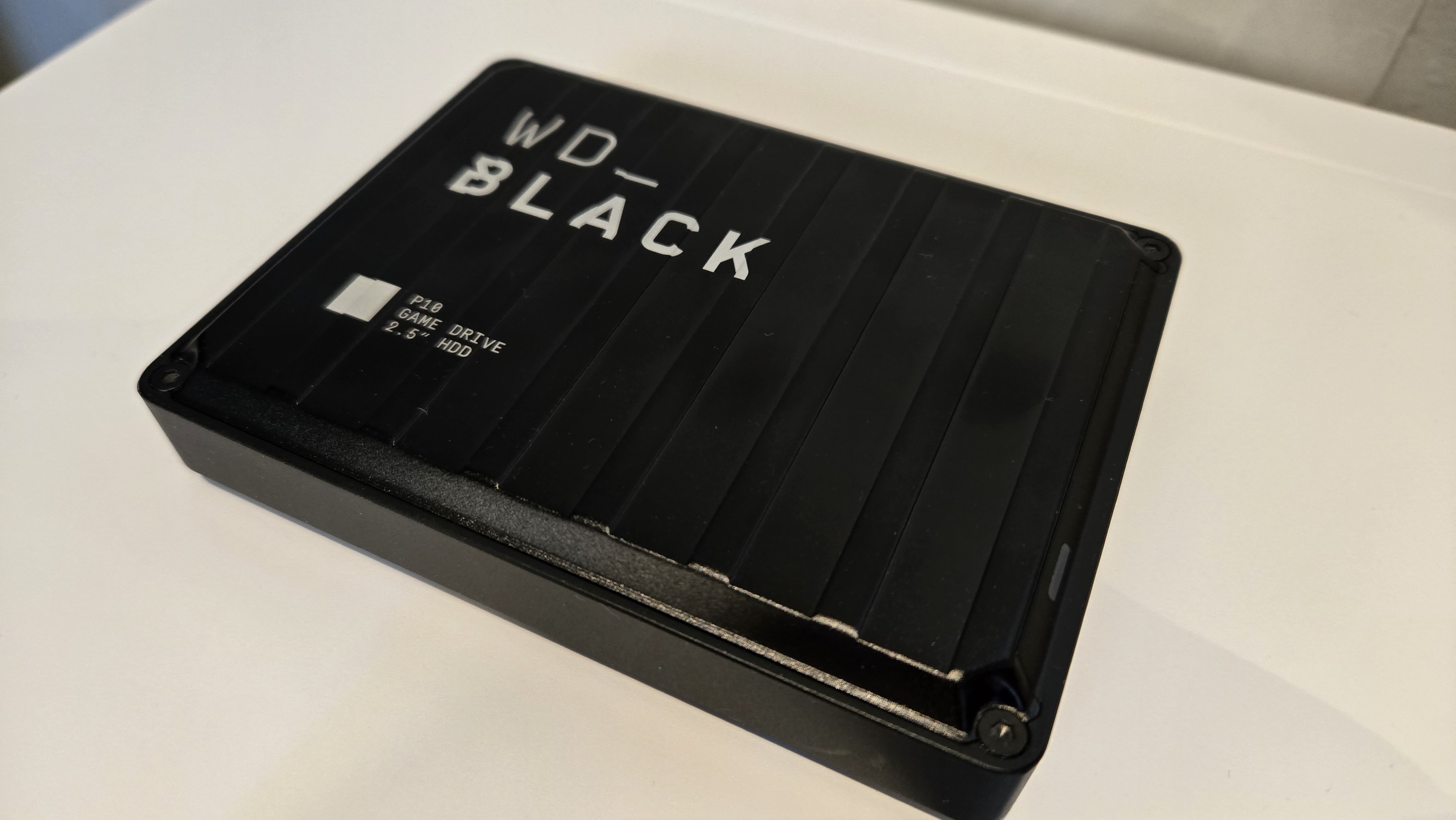Surging AI demand for HDDs means that you may have to wait up to a year for 32+ TB hard disk drives, warns research - and yes, prices are also going up
32TB and larger HDDs now face nearly year-long wait times

- AI expansion pushes demand for ultra-high-capacity storage to unprecedented levels
- External hard drive shipments may take an additional six to ten weeks
- Western Digital increases all HDD prices, citing “unprecedented demand” across its portfolio
The rapid growth of inference AI services is exerting extraordinary pressure on the storage market, particularly for ultra-high-capacity hard disk drives, new research has warned..
Hyperscale cloud service providers such as Google and Oracle are aggressively expanding AI infrastructure and focusing on high-performance inference applications.
A recent TrendForce investigation has now claimed the massive data volumes generated by AI are further straining the global infrastructure of data center storage.
AI data volumes strain global storage infrastructure
This is creating a surge in demand for storage solutions that can handle massive datasets, placing the largest HDDs under heavy strain.
Nearline HDDs, traditionally the backbone of large-scale data storage, are now facing severe supply shortages.
This shift is pushing high-performance but higher-cost SSDs into the spotlight, with shipments of high-capacity QLC SSDs projected to see rapid growth in 2026.
TrendForce says limited production growth among HDD manufacturers has left them unable to handle the rapid, AI-fueled spike in storage needs.
Sign up to the TechRadar Pro newsletter to get all the top news, opinion, features and guidance your business needs to succeed!
Therefore, the lead times for nearline HDDs have ballooned from just a few weeks to over 52 weeks, further widening storage gaps for cloud service providers.
At the moment, 30TB HDDs like the Seagate Exos Mozaic+ remain readily available, but for 32TB and larger models, users will have to wait more than a year.
There are also shipping and logistics issues worsening supply constraints, leading Western Digital to warn that external hard drive shipments may take much longer than usual.
The company plans to increase the use of ocean freight, potentially adding six to ten weeks to transit times.
To tackle these issues, North American CSPs had already been planning to increase SSD adoption for warm data workloads.
Also, the severity of the current HDD shortfall has prompted some providers to consider deploying SSDs even for cold data.
But SSDs are more expensive and have smaller capacities, even though they offer faster read/write speeds and use about 30% less power than nearline HDDs.
It will not be financially prudent to use an SSD for cold data, which is rarely accessed but archived long term.
TrendForce recommends that CSPs planning to use QLC SSDs for cold data must update data systems, check software compatibility, and carefully track costs to stay within budget.
That said, suppliers are not expected to lower prices much, and a round of price talks is likely, with enterprise SSD contract prices predicted to rise 5–10% in Q4 2025.
To make matters worse, a price hike for HDDs is on the way. Western Digital has announced that prices on all HDD products will rise gradually, effective immediately.
The company cites “unprecedented demand” across its portfolio as the key reason for these increases and emphasizes that investment in advanced innovation is a primary factor.
Rising costs affect not only large enterprise deployments but also smaller organizations seeking the best HDD for storage-intensive applications.
All these factors indicate that the AI-driven storage shortage will keep affecting buying strategies well into 2026.
Via Trendforce
You might also like
- These are the best NAS devices around
- We've also rounded up the best cloud storage platforms on offer
- Top US tech companies are holding developers in closed-source AI ecosystems

Efosa has been writing about technology for over 7 years, initially driven by curiosity but now fueled by a strong passion for the field. He holds both a Master's and a PhD in sciences, which provided him with a solid foundation in analytical thinking.
You must confirm your public display name before commenting
Please logout and then login again, you will then be prompted to enter your display name.